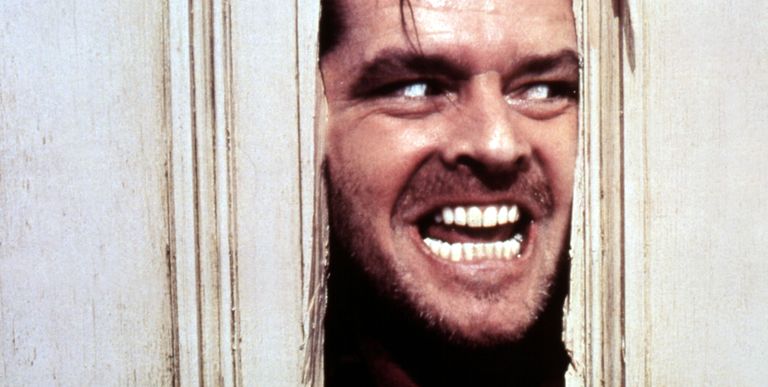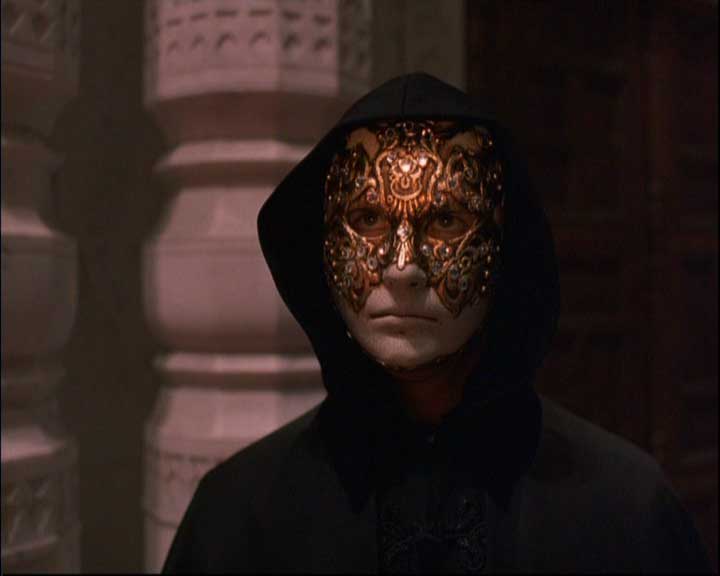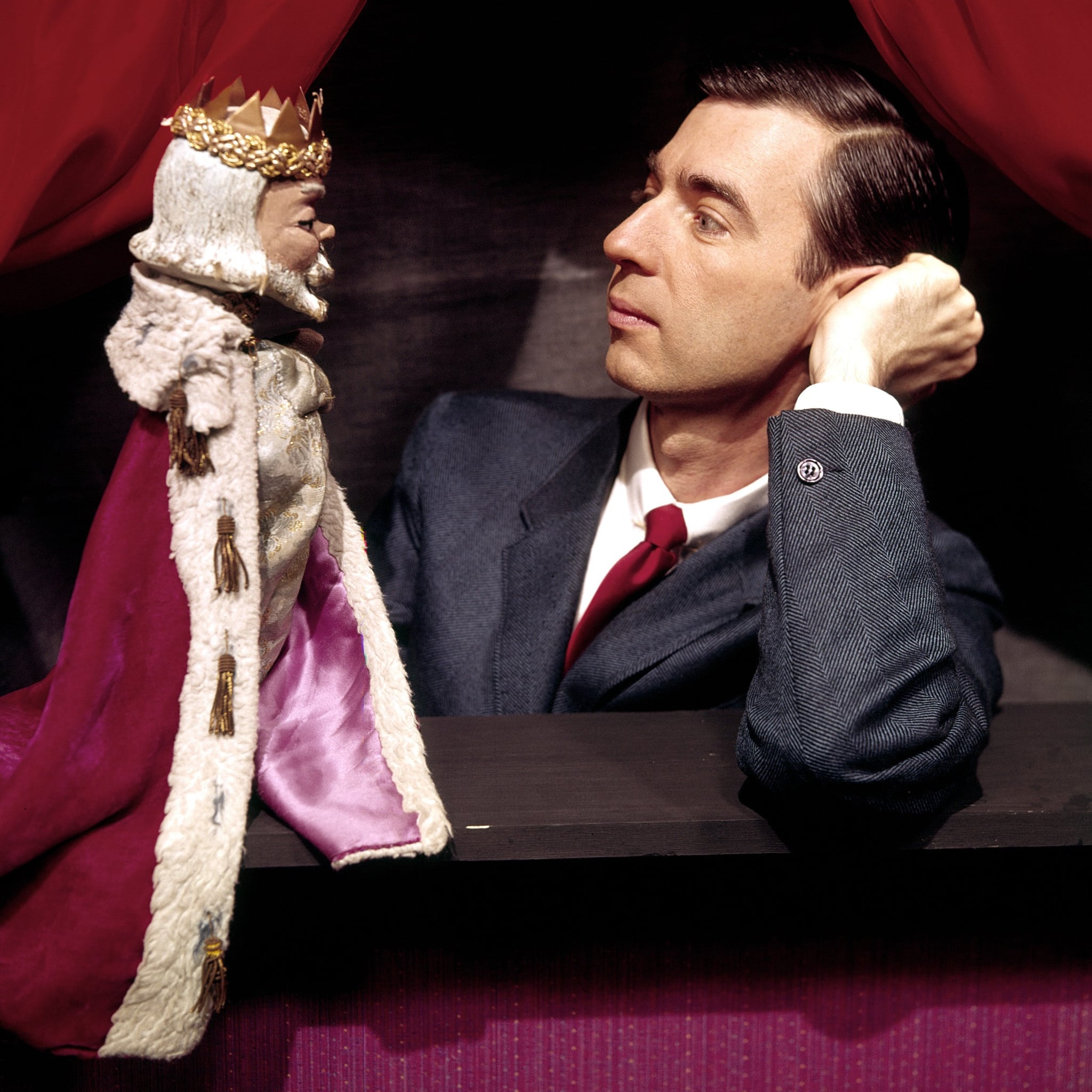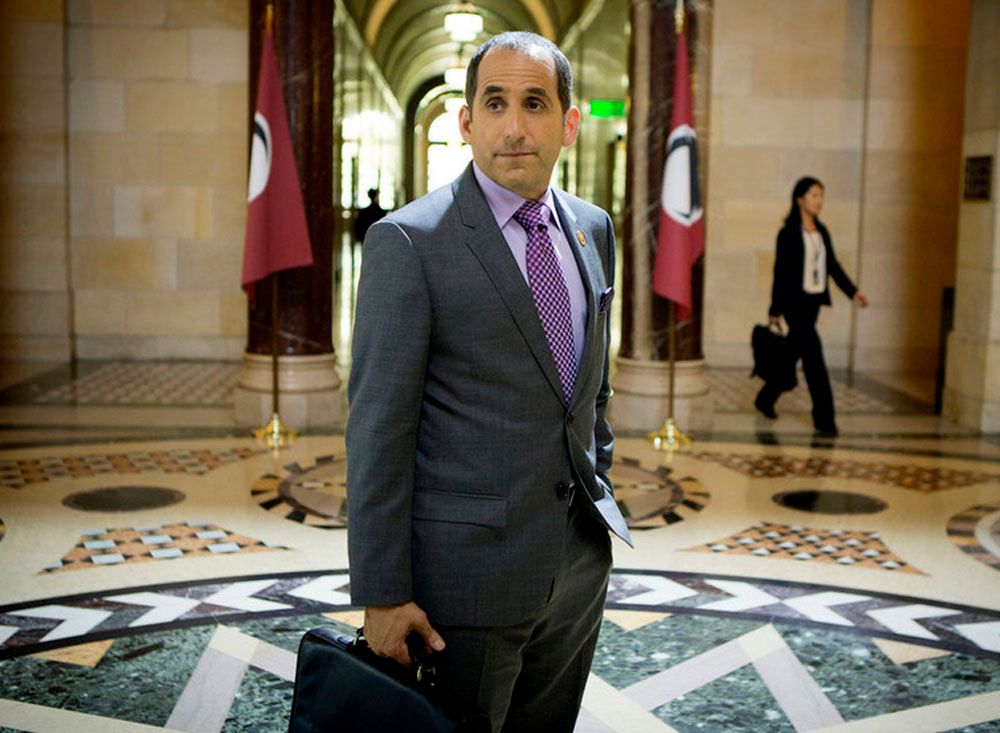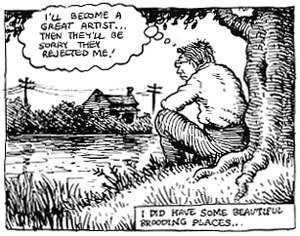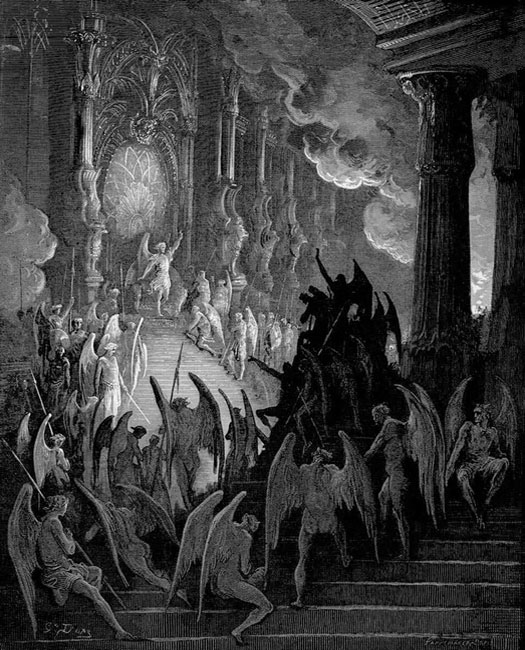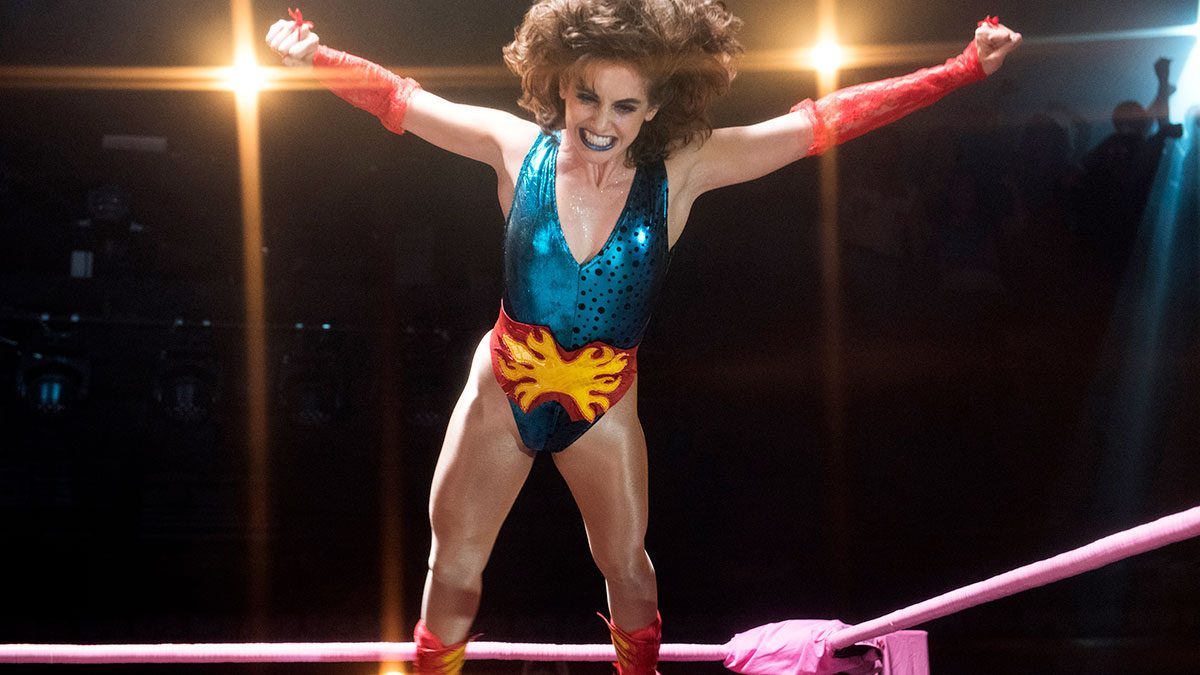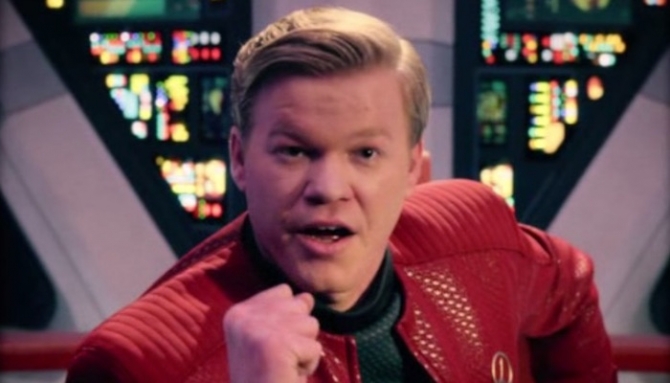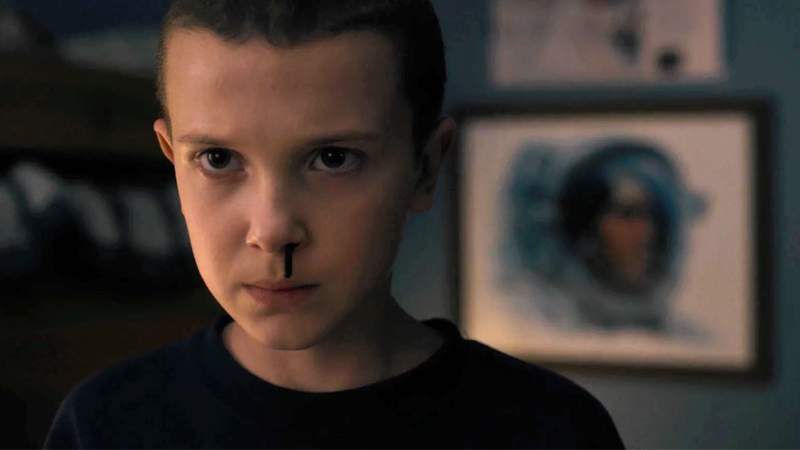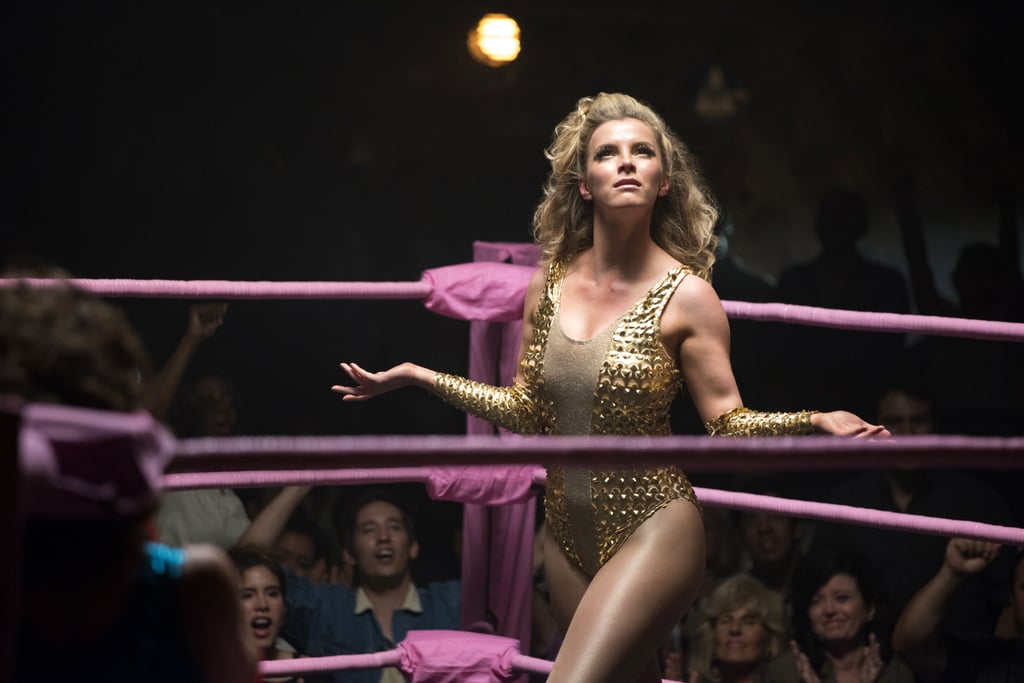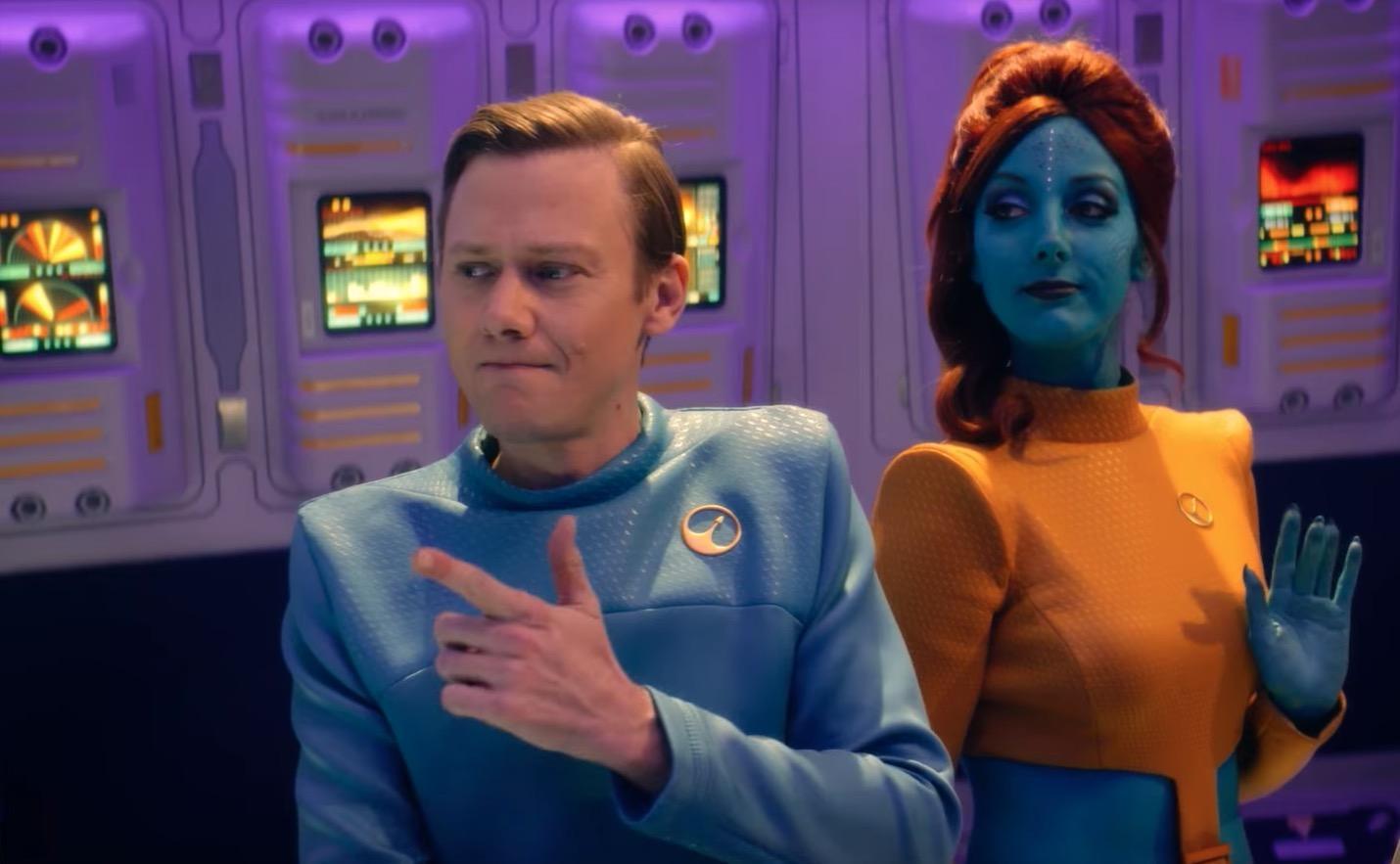Black, Back To Back
I was rewatching a few episodes of Black Mirror. The anthology series, available on Netflix, has had four seasons, which (because it's British) amounts to 19 episodes, so it wouldn't be hard to binge watch them all over a long weekend. (The fifth season is being filmed right now, though the release date has not been announced).
It's written and created by Charlie Brooker, and is sort of a modern-day Twilight Zone, mixing sci-fi and horror. I don't know how big the audience is, but it's well-regarded, and deserves to be. The episodes have a high level of imagination and wit, and there are very few clunkers.
If I have any problem with the show, it's that it's repeated certain tropes too often. Two ideas in particular--a world where people have implants so they--or others--can re-see and re-hear anything that's happened to them, and the transfer of consciousness to a computer code--have been used several times. These are solid, sci-fi ideas, but it's starting to feel like they're going to the well too often. (Also, it appears, especially in the fourth season, that all the episodes are taking place in the same future, which I think is a mistake)
Anyway, I've looked on the internet to see how fans rate episodes. I've noticed, at least in a few cases, we seem to disagree. So the following is my ranking, from bottom to top, of all the episodes. Note that episodes within one or two places are another are close to the same in quality--perhaps I simply should have listed a few different quality categories and ordered the episodes according to which group they fit in.
19 "Playtest" -- This episode is reasonably popular but I hated it--it's one of those stories where you're never sure what's real and what's going on in someone's mind, and I generally find that kind of plot annoying.
18 "Crocodile" -- About someone going to great lengths to cover up a crime--I had trouble buying it.
17 "Arkangel" -- The story of an overprotective mother--a bit stretched out, and they've done this type of plot better on other episodes.
16 "Entire History Of You" -- Apparently an audience favorite, but I didn't like the protagonist and the actions he took.
15 "National Anthem" -- The first episode, and odd in that it essentially takes place in the present--overall sort of a joke episode, and a bit hard to buy, but presented pretty well.
14 "Shut Up And Dance" -- Memorable in that it's probably the most grueling of all the episodes to watch.
13 "The Waldo Moment" -- One of the least favorite episodes, but I sort of like it--a bit overdone, satirically, and not that sci-fi, but it kept me interested.
12 "Be Right Back" -- One of the sweeter episodes, the only reason it isn't rated higher is it's a bit soft.
11 "Hang The DJ" -- A contemplation of love and social control, pretty well done.
10 "Men Against Fire" -- Not an audience favorite, but I thought it had good action and made its point fairly well.
9 "Black Museum" -- Considered a top episode, and I guess it is--if I have any problem, it's that it's sort of a sequel to "White Christmas" and isn't quite as strong.
8 "Hated In The Nation" -- At 89 minutes, the longest episode--really a movie--with a fascinating idea and, though there's plenty of horror and dread, perhaps some optimism (rare in Black Mirror).
7 "Metalhead" -- At 41 minutes, the shortest episode, and one of the least liked, but I think the antagonist is handled really well and the story is told with power and simplicity.
6 "White Bear" -- Not an audience favorite, but I think its presentation, where we're thrown into a world we don't understand, to its horrifying conclusion, is handled beautifully.
5 "Fifteen Million Merits" -- A very well-imagined future, though I'm not sure if I liked the ending.
4. "USS Callister" -- though often comic, especially Jesse Plemons' take on Captain Kirk, it's also one of the most horrifying episodes.
3 "Nosedive" -- Perhaps the funniest episode, but also one of the most biting.
2 "San Junipero" -- The plot slowly reveals what's happening and takes you places you didn't expect.
1 "White Christmas" -- Really a trilogy of stories, each one powerful, and in the end we see how they tie together.

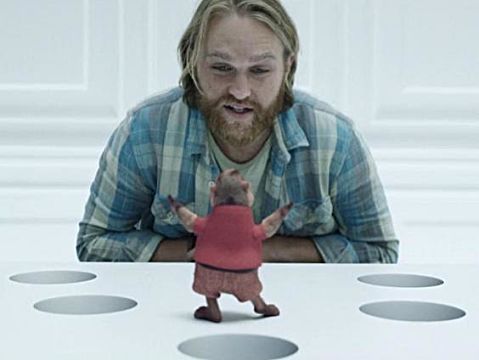

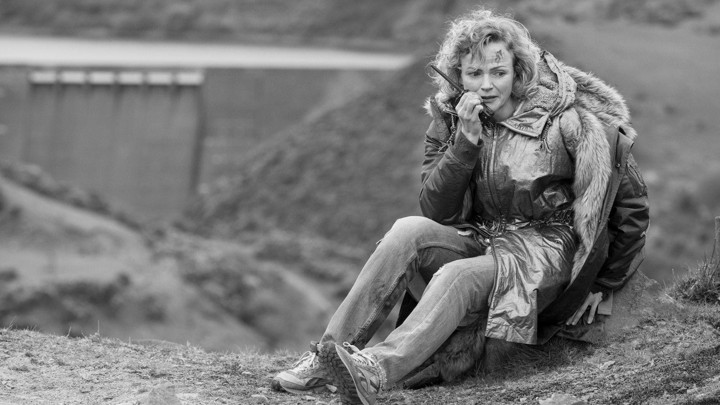


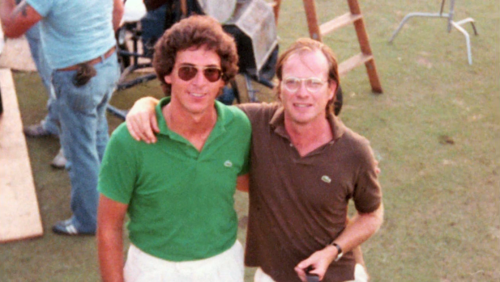

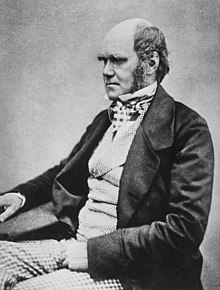


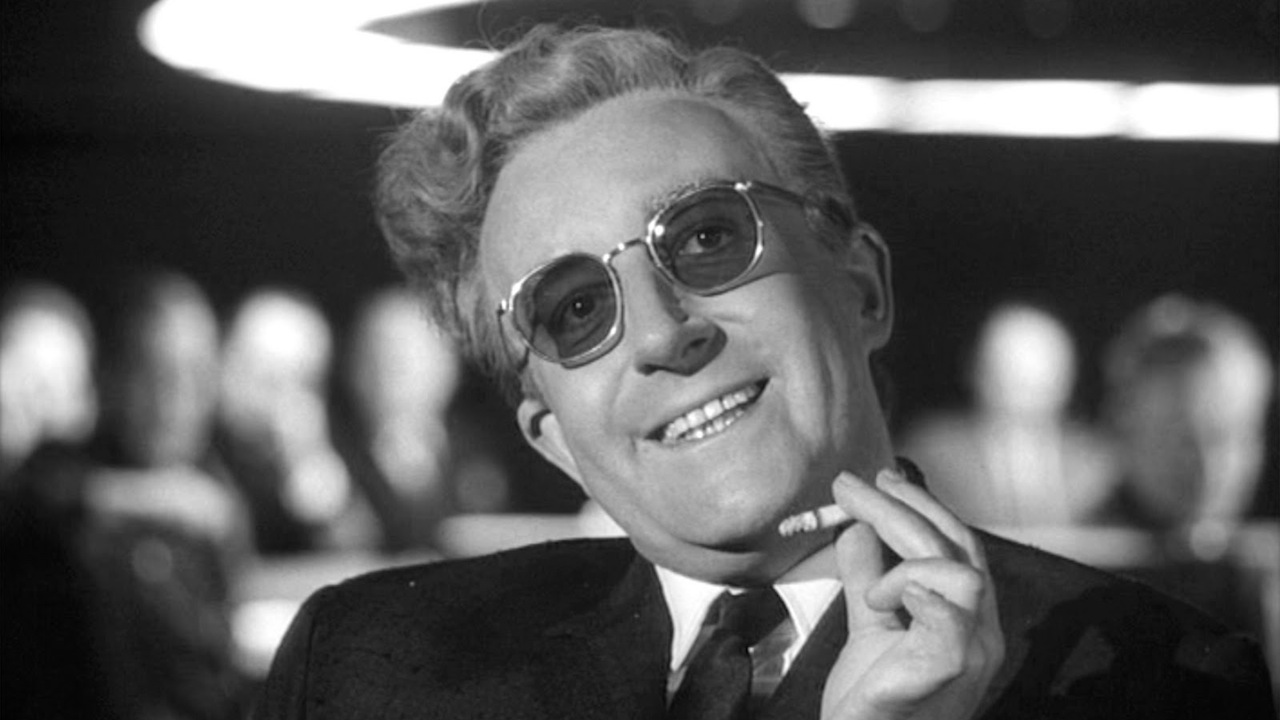
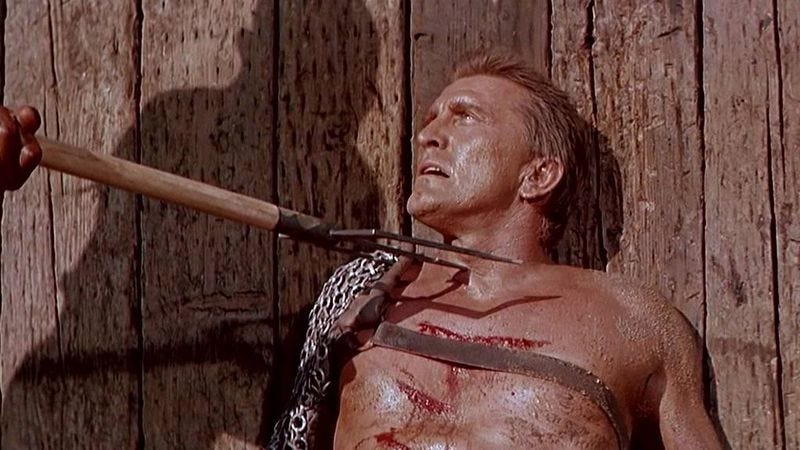
/cdn.vox-cdn.com/uploads/chorus_image/image/59757317/20011.0.jpg)

